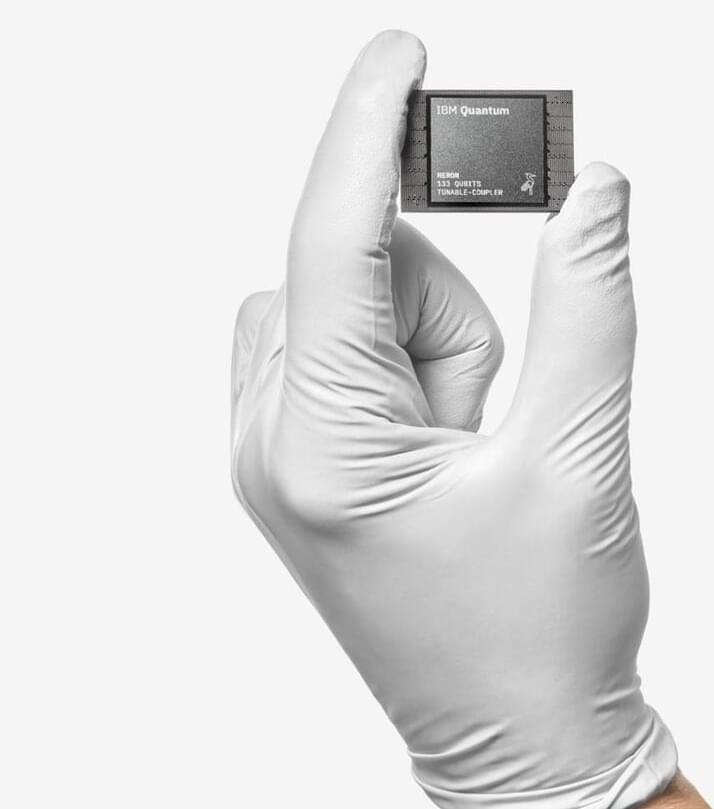
Regulatory efforts to protect data are making strides globally. Patient data is protected by law in the United States and elsewhere. In Europe the General Data Protection Regulation (GDPR) guards personal data and recently led to a US $1.3 billion fine for Meta. You can even think of Apple’s App Store policies against data sharing as a kind of data-protection regulation.
“These are good constraints. These are constraints society wants,” says Michael Gao, founder and CEO of Fabric Cryptography, one of the startups developing FHE-accelerating chips. But privacy and confidentiality come at a cost: They can make it more difficult to track disease and do medical research, they potentially let some bad guys bank, and they can prevent the use of data needed to improve AI.
“Fully homomorphic encryption is an automated solution to get around legal and regulatory issues while still protecting privacy,” says Kurt Rohloff, CEO of Duality Technologies, in Hoboken, N.J., one of the companies developing FHE accelerator chips. His company’s FHE software is already helping financial firms check for fraud and preserving patient privacy in health care research.


















